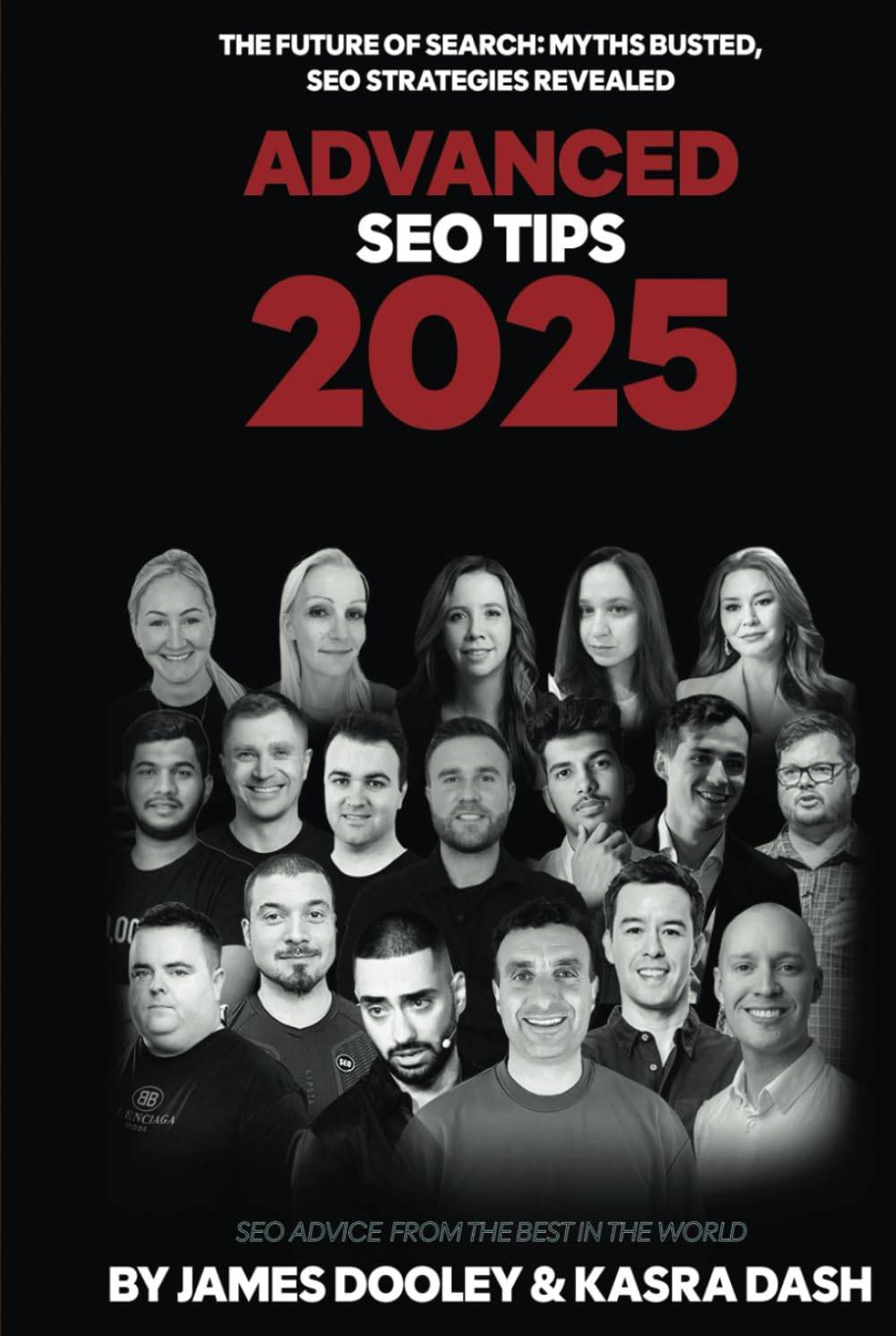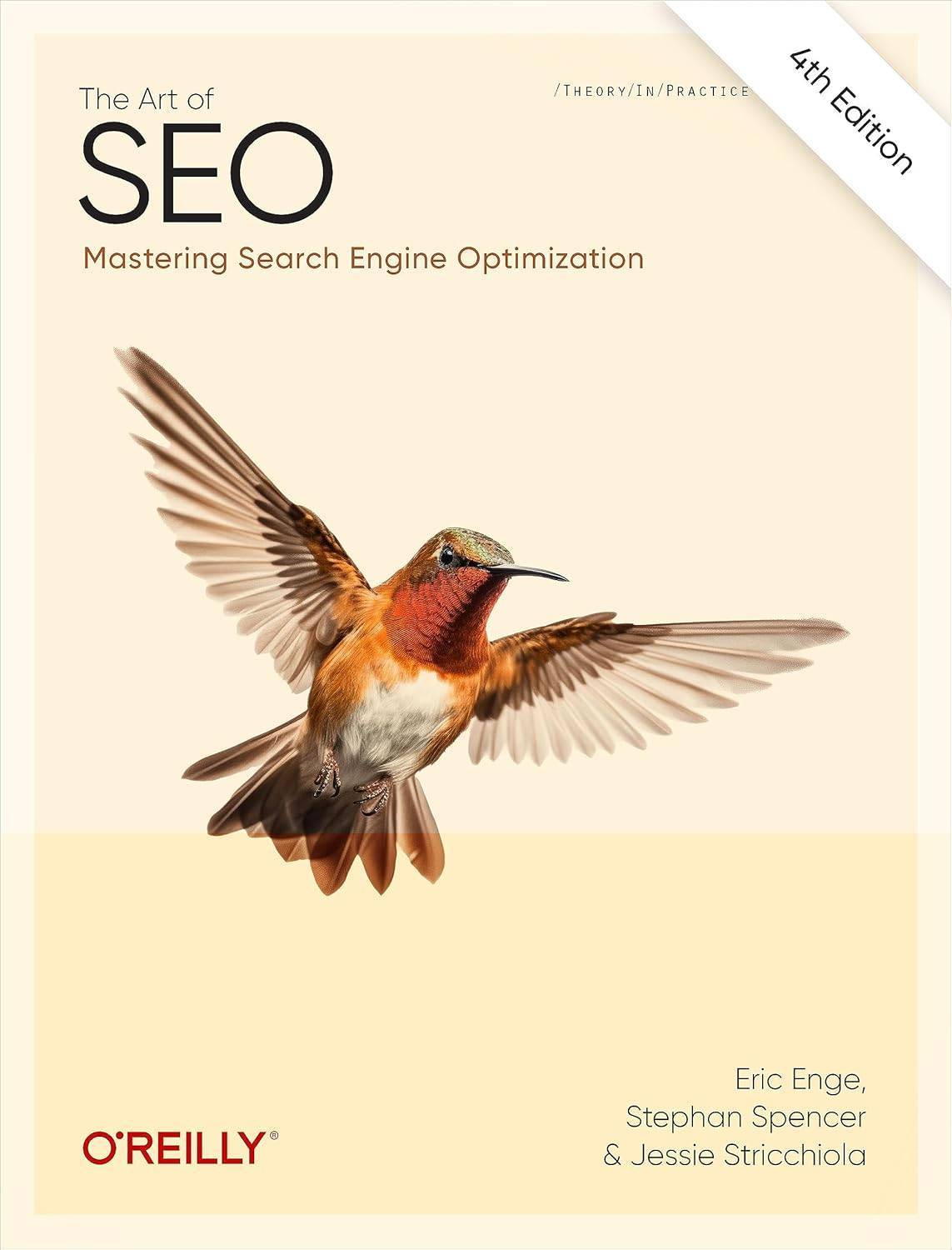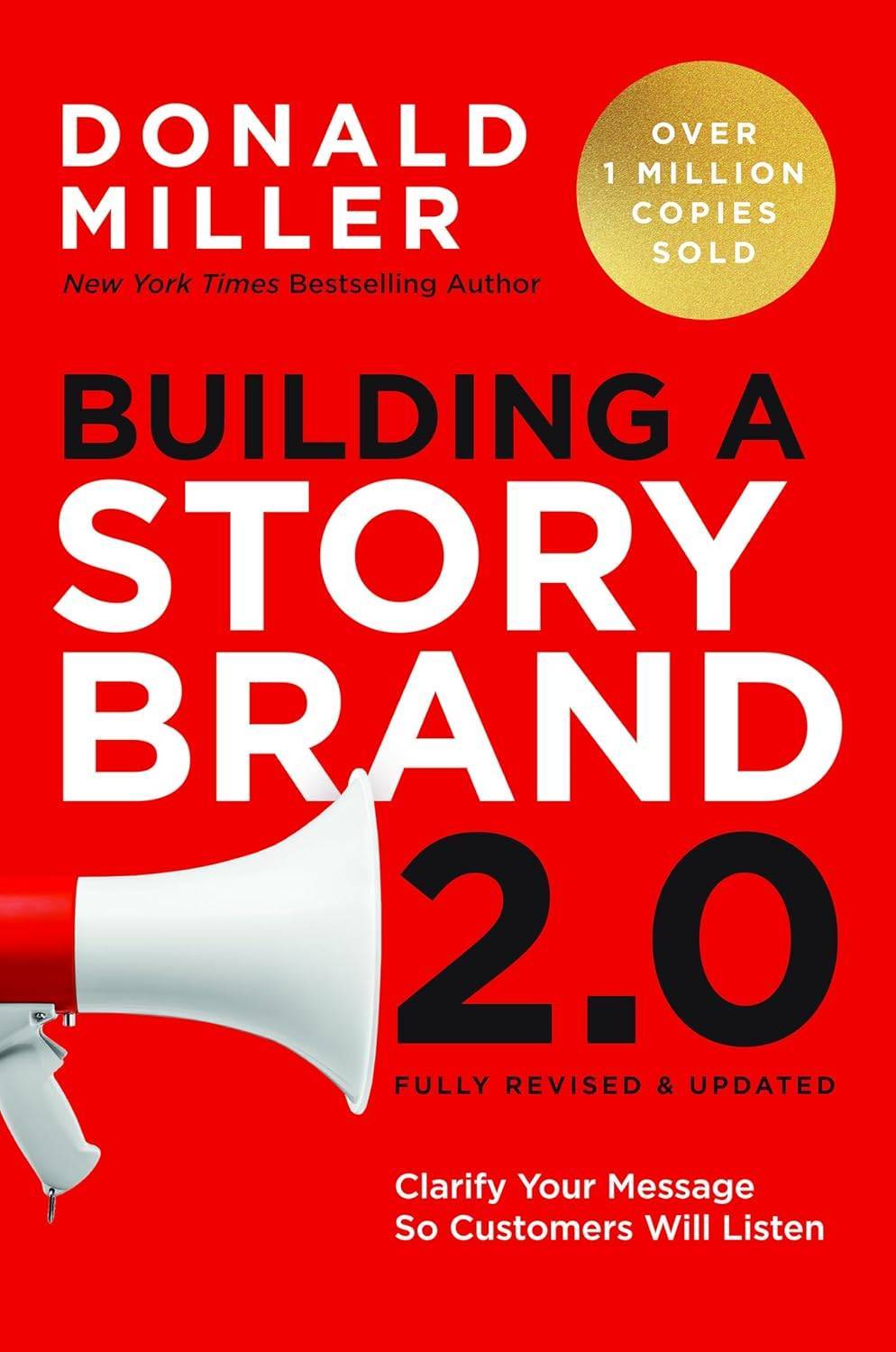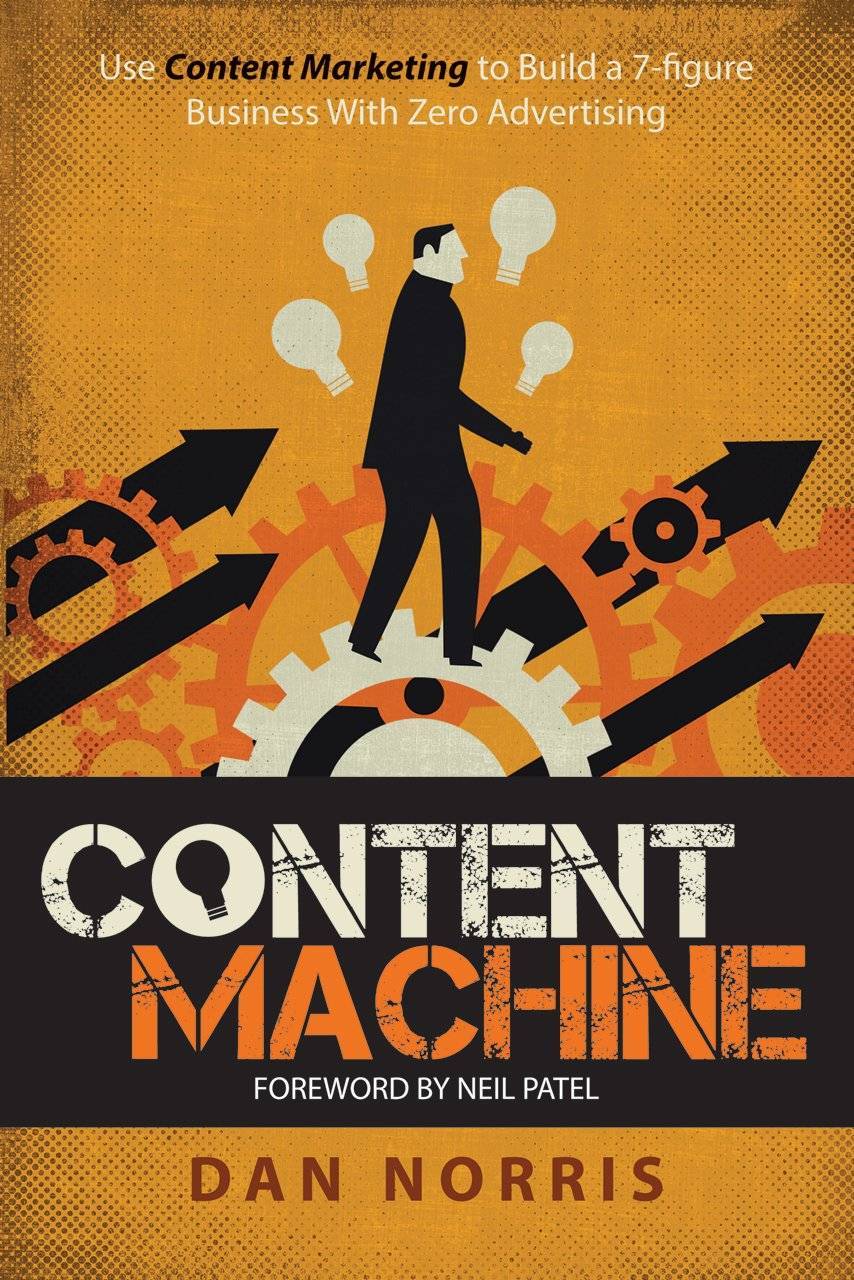How to Master SEO Basics in Just One Day
A step-by-step, up-to-date guide for beginners to master the essentials of SEO in just one day.
Last updated: May 18, 2025

How to Master SEO Basics in Just One Day
TL;DR
In just one day, you can master the SEO essentials that matter most in 2025: understand how search engines work, find the right keywords, optimize your content for people and search intent, and use modern tools to track your progress. Focus on user value and clarity—search engines will reward you.
Recommended Reading
Why Learning SEO Fast Matters (and How to Do It)
SEO can feel overwhelming, but you don't need weeks or months to get started. In 2025, the basics are more accessible than ever, and a focused approach can help you see results quickly. Search engines are still the main way people discover new sites, but the rules have changed. AI-powered search, zero-click results, and new platforms mean you need to be visible in more places and focus on user intent. If you ignore SEO, your website will struggle to get found, no matter how great your content or product is. With a few focused steps, you can attract more visitors, build trust in your niche, and future-proof your site as search evolves.
The One-Day SEO Blueprint
Understand How Search Engines Work
You don't need to be a techie, but you do need to know the basics. Search engines like Google use algorithms to crawl, index, and rank billions of pages. In 2025, AI plays a bigger role, but the fundamentals remain: search engines want to show the most relevant, trustworthy, and useful results. If you want a quick primer, Google's SEO Starter Guide is a great place to start.
Find What People Are Really Searching For
Keyword research is about understanding your audience. Use free tools like Google Keyword Planner, Semrush Keyword Magic Tool, or AnswerThePublic to discover what people are actually typing into search. In 2025, long-tail keywords and questions are more important than ever. Always check the search intent: are people looking for information, a product, or a solution? If you match your content to their intent, you're already ahead of most beginners.
Make Your Pages Useful and User-Friendly
On-page SEO is about making your content easy to read, relevant, and structured. Use your main keyword in the title, headings, and naturally throughout the text. Write clear meta descriptions, use descriptive image alt text, and make sure your site loads quickly on all devices. Tools like Yoast SEO or Rank Math can help you check your on-page basics. Don't forget mobile users—most searches happen on phones now.
Build Trust and Authority
Google and other search engines reward sites that demonstrate experience, expertise, authority, and trust (E-E-A-T). Create helpful, original content that answers real questions. Get links from reputable sites in your industry by sharing your expertise, collaborating, or guest posting. Avoid shortcuts like buying links or using AI to generate low-quality content. Focus on value and authenticity.
Track Progress and Keep Improving
SEO isn't a one-time task. Use tools like Google Search Console, Google Analytics, and Ahrefs Webmaster Tools to monitor your rankings, traffic, and site health. Check your progress weekly, and stay updated with trusted sources like Backlinko, Moz, and Google's own blog. If you run into technical issues or your site is large, don't hesitate to call in an expert.
Common Pitfalls and Quick Wins
- Don't stuff your content with keywords. Write for people first.
- Make sure your site is fast and mobile-friendly.
- Always match your content to what users are really looking for.
- Fix broken links and missing meta tags. These can hold you back.
My Favorite Tools for Beginners
- Google Search Console: Free, essential for tracking your site's performance in Google.
- Semrush Keyword Magic Tool: Powerful for keyword research and competitive analysis.
- AnswerThePublic: Great for finding real questions people ask.
- Yoast SEO: Easy WordPress plugin for on-page SEO.
- Google Analytics: Track your visitors and see what's working.
Final Thoughts
You really can learn the basics of SEO in a single day and start seeing results quickly. Focus on user intent, create valuable content, and use the right tools to track your progress. SEO is always changing, but the fundamentals—helping people find what they need—never go out of style.



